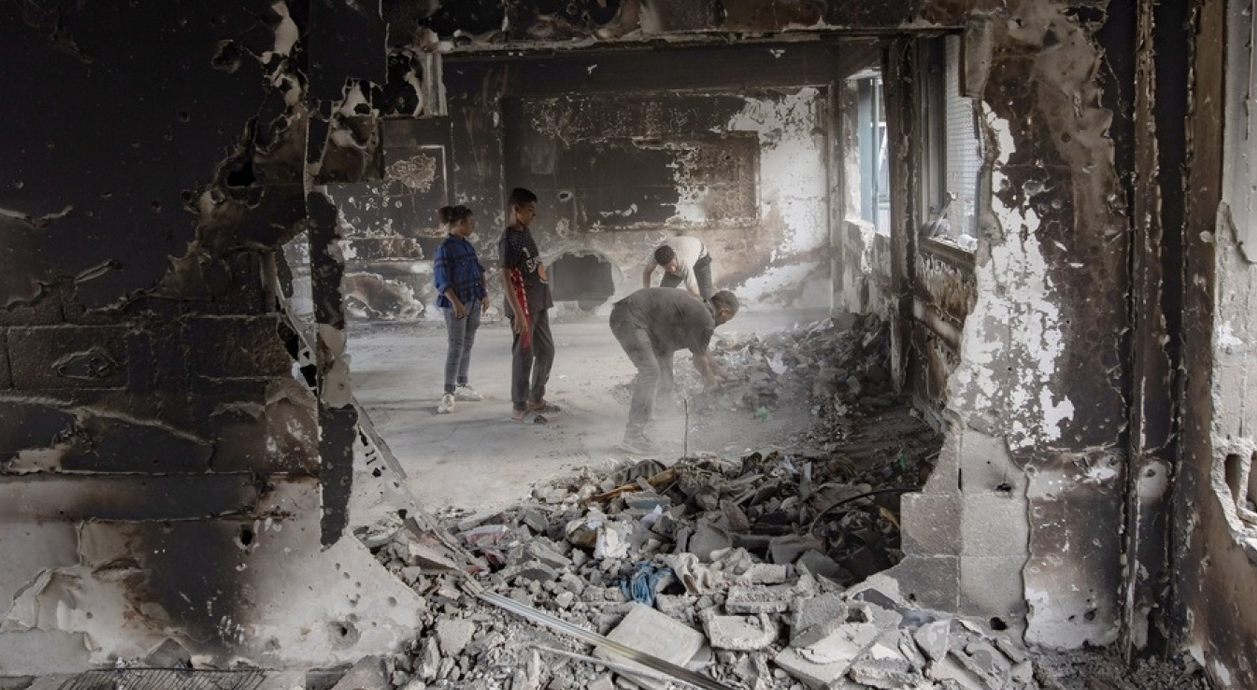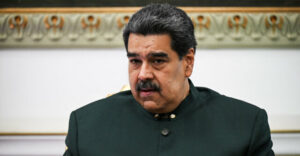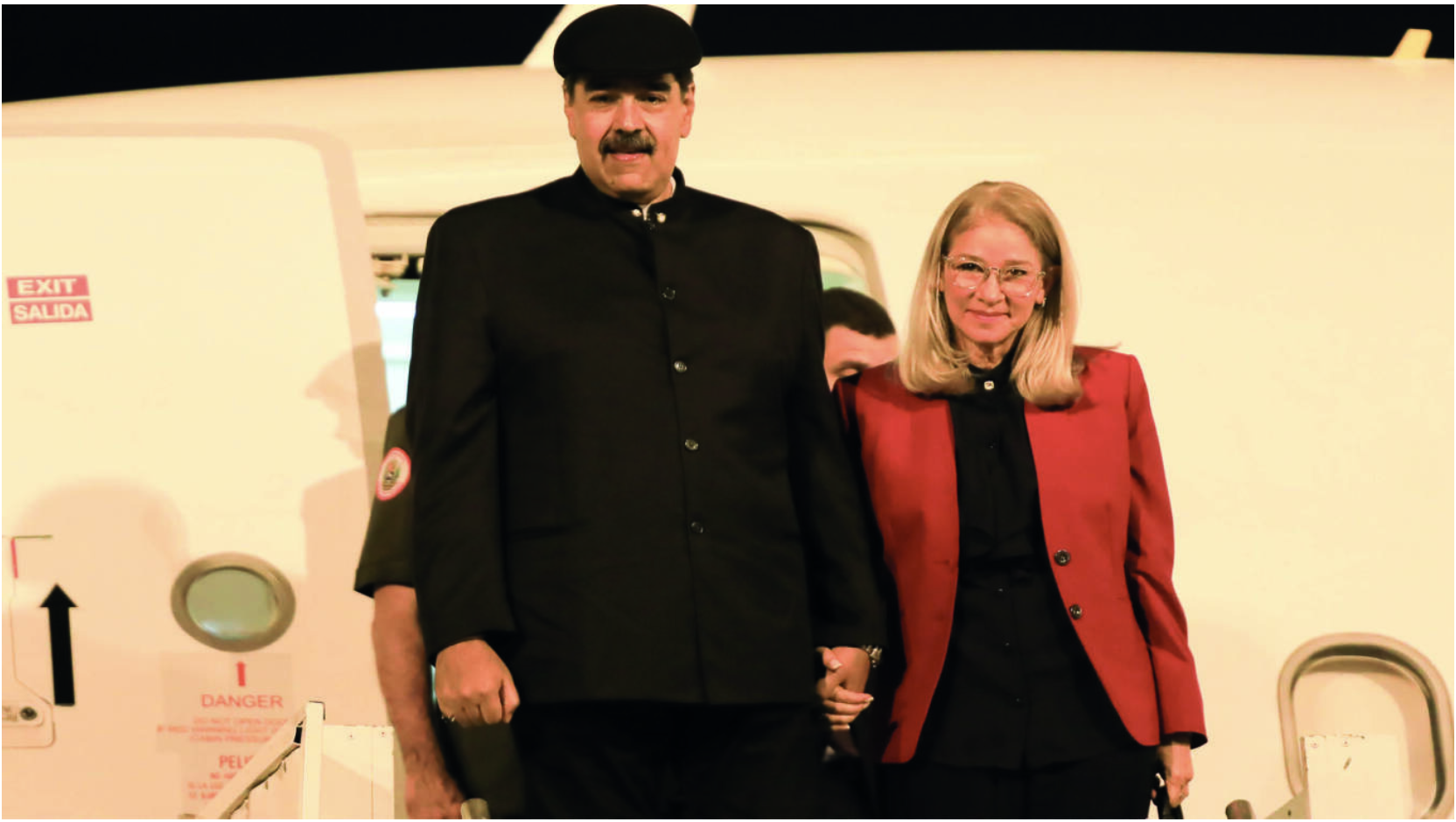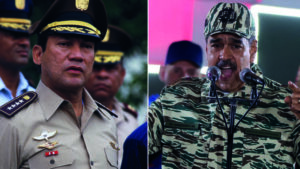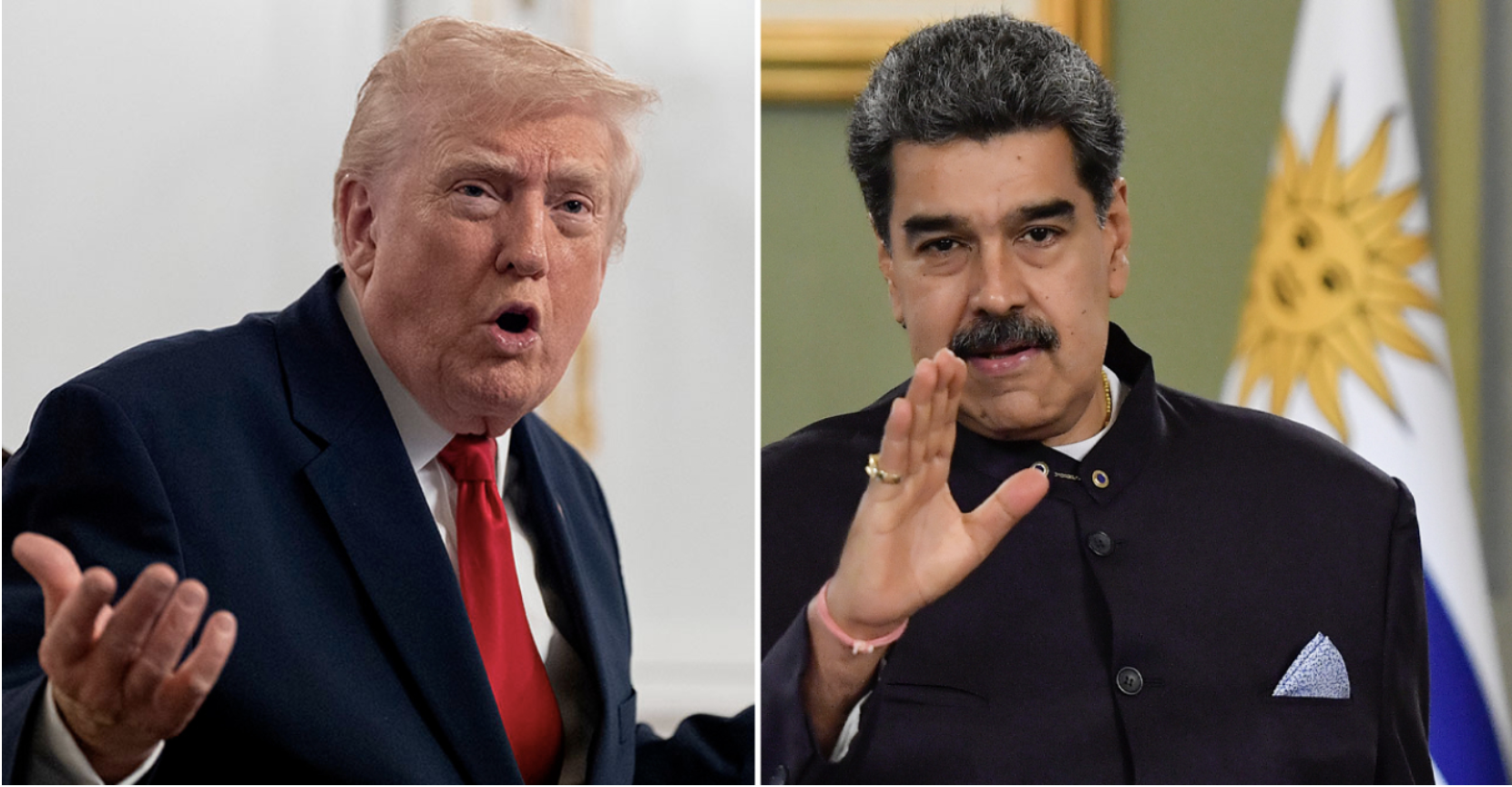Israel’s military announced that it seized control of a strategic area along Gaza’s border with Egypt to cut off smuggling tunnels and hinder Hamas’s activities in the ongoing war, now in its eighth month. The capture of the Philadelphi Corridor is seen as a significant move to disrupt the supply lines of weapons and goods to Hamas. This action, however, might strain Israel’s relations with Egypt, which has already expressed concerns about Israel’s advances toward its border. Despite a longstanding blockade by Israel and Egypt, the tunnels have persisted, facilitating Hamas’s operations.
In addition to taking control of the corridor, Israel has intensified its incursion into Rafah, a southern Gaza city where many Palestinians have sought refuge from the fighting. The violence has escalated in Rafah, resulting in numerous Palestinian casualties. The Israeli military has bolstered its presence with a fifth brigade, comprising several thousand soldiers, to strengthen its operations in the city. This increased military activity has raised alarms in Egypt, which argues that an increased troop presence violates the 1979 peace accord between the two nations.
Israeli officials claim that their operations have uncovered about 20 tunnels and 82 access points along the Philadelphi Corridor, emphasizing the strategic importance of the area for Hamas. However, Egypt has denied any communication with Israel regarding these findings and remains concerned about the potential for Palestinians to be pushed across its border. The corridor, approximately 100 meters wide and running 14 kilometers along Gaza’s border with Egypt, includes the crucial Rafah crossing.
Despite Hamas’s long-standing control over the border since 2007 and the significant role of smuggling tunnels, the situation has evolved as Egypt has cracked down on these tunnels to combat Islamic militants in Sinai. The Israeli military has also asserted tactical control over the Tel al-Sultan neighborhood in Rafah, although it maintains that its operations in the city are limited in scope.
The conflict which has caused massive displacement and a humanitarian crisis in Gaza, shows no signs of abating. Israeli officials predict the war may continue through the end of the year, with the goal of dismantling Hamas’s military and governing capabilities. The international community, including the United States, has called for a clear postwar vision for Gaza, urging Israel to avoid becoming entrenched in the territory. Meanwhile, the war’s devastating impact on Gaza and the region has sparked international legal scrutiny and diplomatic tensions, with some nations recognizing a Palestinian state in response to the ongoing violence.
Ask me anything
Explore related questions
